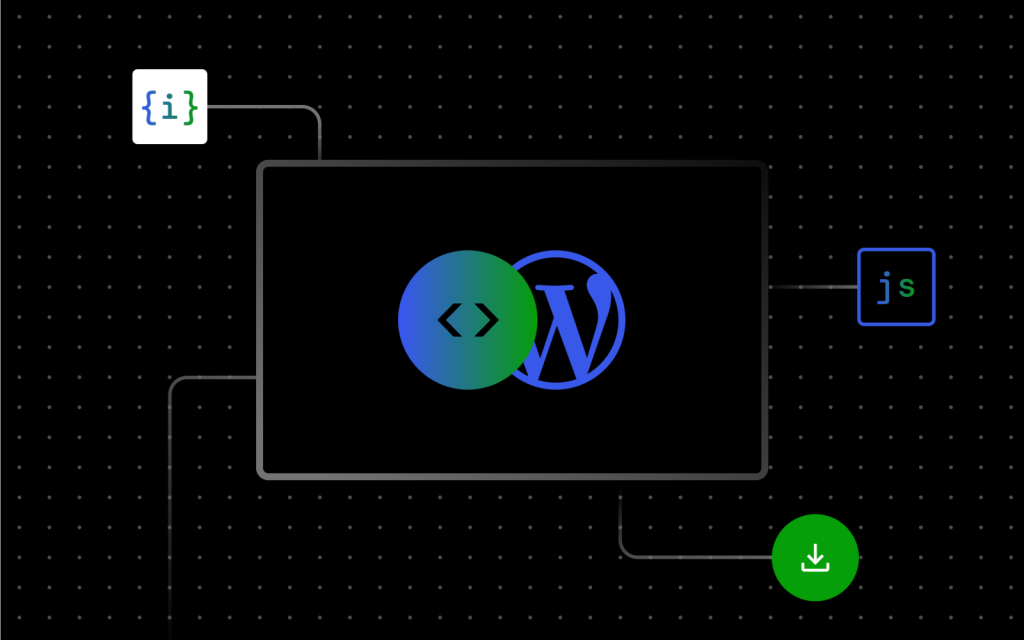This comprehensive guide explores how to integrate artificial intelligence (AI) into your WordPress website, covering AI plugins, tools, and best practices for leveraging AI's capabilities.
tags: WordPress ai, WordPress rapidtextai, WordPress ai plugins
Introduction:
Artificial intelligence (AI) is rapidly transforming the digital landscape, and WordPress is no exception. By integrating AI into your WordPress website, you can unlock a world of possibilities, from automating tasks to enhancing user experiences. This article will guide you through the process of integrating AI into WordPress, exploring various AI plugins, tools, and best practices.
1. Understanding AI in WordPress
a) AI Capabilities:
- AI can automate tasks, personalize content, improve search functionality, and enhance user engagement.
- Key Capabilities:
- Content Generation: Create compelling blog posts, product descriptions, and marketing copy.
- Image Optimization: Generate high-quality images and optimize existing images for better search results.
- Chatbots: Provide instant customer support and answer frequently asked questions.
- Personalization: Tailor content and recommendations based on user preferences.
- Search Enhancement: Improve search functionality by understanding user intent.
b) AI in WordPress Applications:
- AI can be used in various aspects of your WordPress website, from content creation to customer service.
- Applications:
- Blog Post Creation: Generate blog post ideas, write drafts, and optimize content for SEO.
- Product Descriptions: Generate compelling product descriptions for your online store.
- Customer Support: Create AI-powered chatbots to provide instant support.
- Email Marketing: Personalize email campaigns and automate email sequences.
2. AI Plugins for WordPress
a) RapidTextai:
- RapidTextai is a powerful AI plugin for generating high-quality content, optimizing existing content, and translating text.
- Key Features:
- Content Generation: Create blog posts, articles, product descriptions, and more.
- Content Optimization: Improve your content's SEO and readability.
- Language Translation: Translate your website and content into multiple languages.
b) AIOSEO (All in One SEO):
- AIOSEO incorporates AI features for SEO optimization, including content suggestions and keyword research.
- AI Features:
- AI Content Suggestions: Get AI-powered suggestions for improving your content's SEO.
- AI Keyword Research: Find relevant keywords for your website and content.
c) WPForms:
- WPForms utilizes AI to enhance its form builder, allowing for intelligent form creation and automation.
- AI Features:
- AI-Powered Form Builder: Create smart forms that adapt to user input.
- Form Automation: Automate form submissions and data processing.
3. Integrating AI Tools with WordPress
a) Zapier:
- Zapier connects your WordPress website to various AI tools and services, automating workflows and tasks.
- Example Integrations:
- Connect RapidTextai to your email marketing service to generate personalized emails.
- Integrate a chatbot tool with your WordPress contact form to provide instant support.
b) Google AI Platform:
- Google AI Platform offers a cloud-based machine learning platform for building and deploying custom AI models.
- WordPress Integration:
- Develop custom AI models for specific website functionalities.
- Integrate AI models with your WordPress website using APIs and webhooks.
4. Best Practices for AI Integration in WordPress
a) Start Small:
- Begin with a small-scale AI integration to test its effectiveness and identify potential challenges.
- Tips:
- Integrate AI into a specific area of your website, such as your blog or contact form.
- Monitor the results and make adjustments as needed.
b) Consider User Privacy:
- Ensure that your AI integrations comply with privacy regulations and protect user data.
- Best Practices:
- Obtain user consent for data collection and use.
- Use AI tools that comply with data privacy regulations.
c) Monitor and Evaluate:
- Regularly monitor the performance of your AI integrations and make adjustments for optimal results.
- Key Metrics:
- Website traffic
- User engagement
- Conversion rates
Conclusion:
Integrating AI into your WordPress website can revolutionize your website's functionality and user experience. By leveraging AI plugins, tools, and best practices, you can automate tasks, personalize content, and enhance search functionality, ultimately driving greater success for your website. As AI technology continues to advance, the possibilities for integrating AI into WordPress will only grow, opening up a world of innovative solutions for website owners.
Call to Action:
Explore the AI plugins and tools mentioned in this article to find the best fit for your website's needs. Start with a small-scale AI integration and gradually expand its implementation as you gain experience. Embrace the potential of AI to elevate your WordPress website to new heights.





0 comments:
Post a Comment